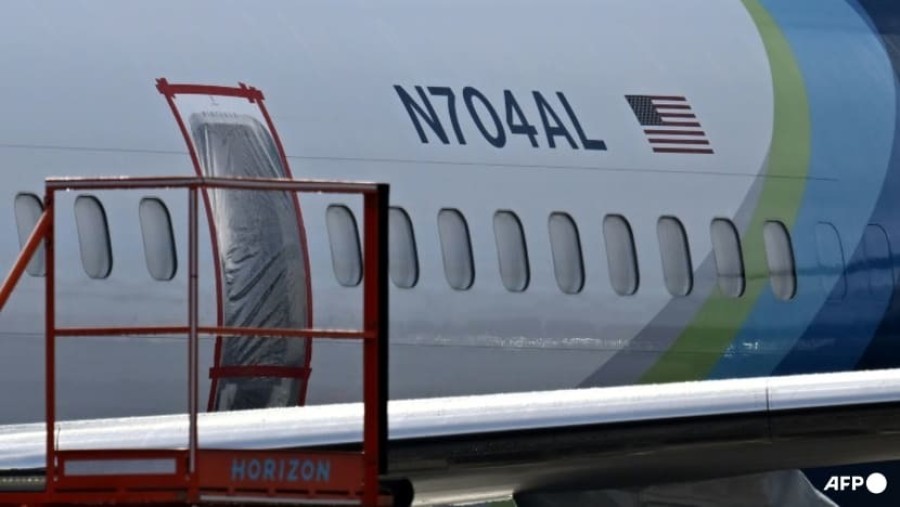Union Says Boeing Penny-pinching Has Hurt Supply Chain

Boeing's practice of aggressively pressuring suppliers on costs has damaged its own supply chain, contributing to the aviation giant's current woes, a top union negotiator told AFP this week.
"Boeing has spent a long time, since 2012, trying to squeeze the supply chain by forcing them to cut their costs to Boeing, year over year," said Jon Holden, president of the International Association of Machinists and Aerospace Workers (IAM) for District 751.
"I'm fine with efficiency," Holden said. "What I'm not okay with is undermining the health of the manufacturing process."
Holden's local chapter in Seattle represents 32,000 workers, with about 30,000 at Boeing. The union hopes for significant gains from the new contract after negotiations kicked off in March.
"Boeing went through an effort to sell off different factories, to reduce their net assets, and those factories are now part of the supply chain," Holden told AFP in an interview, adding such moves contributed to the storied manufacturer's current woes.
Boeing has undertaken training programs and other initiatives to boost quality control and reassure the Federal Aviation Administration. Many of these efforts centre on the IAM-represented Boeing factory in Renton, Washington, where the MAX is built.
Along with another union at Boeing, the Society of Professional Engineering Employees in Aerospace (SPEEA), the IAM has sought two seats on Boeing's board of directors, an effort Boeing opposes.
SEEKING "SUBSTANTIAL" RAISE
In light of Boeing's current travails, the union wants to be able to bargain on any changes to quality management that could affect the production system.
"We never proposed those things in the past but it's our reputation, it's our jobs, it's our livelihoods," Holden said.
Key demands include a "substantial" salary hike of at least 40 per cent, as well as provisions for healthcare, retirement and job security.
Holden said a hefty wage hike is imperative after workers only received nominal cost-of-living support over the last eight years in spite of the "massive inflation" of recent years.
The union is also seeking assurances from Boeing that it will build its next new aircraft - expected around 2035 - in the Seattle region.
"It's job security for the next 50 years," he said. At a congressional hearing earlier this month, Boeing chief executive Dave Calhoun said that workers "will definitely get a raise".
Holden said most of the major issues in the contract talks remain unresolved, meaning the two sides will be adding hours to upcoming negotiations.
The IAM plans to take a vote on Jul 17 authorising a possible strike. To mark the event, it has rented T-Mobile Park in Seattle, the stadium for the Seattle Mariners baseball team, which holds up to 48,000.
"When we all participate in this important event, the factory will be quiet," the union said on its website.
The current contract, in place for 16 years, expires at midnight on Sep 12. The union last called a strike in 2008 that lasted 57 days.
During a media visit to the Renton plant organised by Boeing this week, an AFP reporter observed a boisterous union rally with representatives wearing IAM buttons and carrying signs as they marched through the plant in a show of solidarity.
"We have a very strong leverage right now and we're going to use it," said Holden. Boeing is currently engaged in talks to buy back Spirit AeroSystems, a supplier of the fuselage for the 737 MAX. The company was once part of Boeing before it was spun off in 2005.
Holden welcomes the shift, saying it was "foolish" for Boeing to separate from Spirit, adding: "It's important that they are healthy."
